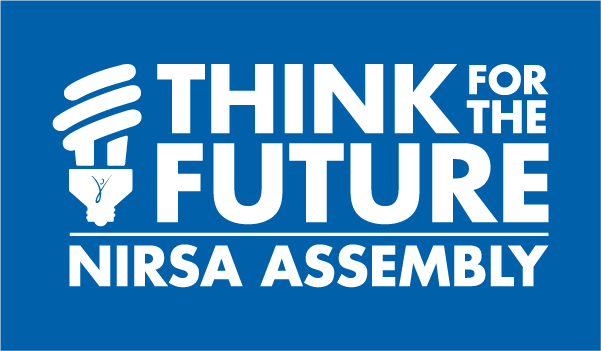How to Manage and Guide Civil Discourse in Collegiate Recreation
Published June 2, 2017 | Last Updated: September 29, 2020
This document is designed to be a resource to departments as they work toward more deliberate conversations.
Deliberative learners explore complex topics in-depth, consider diverse perspectives, work through tensions inherent to those views, and attempt to arrive at reasoned judgment. It is a living document that will continue to develop over time to help professionals and students navigate difficult conversations regarding a multitude of issues on their campuses. The resources are divided into three categories:
- Skill development for difficult conversations
- How to moderate/facilitate/guide difficult group discussions
- Suggestions on topics that often result in difficult conversations
Additionally, each resource has potential uses that may be beneficial to departments.
The next steps for this document potentially include developing guided questions for each category; an assessment of department’s readiness to engage in difficult conversations, and facilitation guide for a skill development workshop on communication and conflict skills.
Steps towards a More Civil Discourse
Today’s students live in a climate of noise. Access to news, the media, online forums and opinions 24/7 has defined their generation. News is broadcasted loudly, opinions shouted at others and conveyed with anger, violence and abusive remarks are given without concern for appropriateness or accuracy of information. If left unchecked, this lack of civility translates to a lack of tolerance in our communities and campuses. The result can lead to a climate of higher stress, anxiety, bullying, violence, polarization of opinions, and loss of hope. As collegiate recreation professionals, no matter our title, most of us are first and foremost in the business of developing students and creating opportunities for deliberative student learning. The NIRSA Assembly has been actively exploring the need to become better facilitators of civil discourse. It is imperative that we educate ourselves on deliberative topics and work to teach students the communication skills needed to engage in civil conversations, active debate, and listening to understand. The below resources are intended to help collegiate recreation professionals facilitate and promote civil discourse on our campuses. It’s important to remember that we must educate ourselves and then each other in order to take steps toward a more civil discourse.
What Is Civility?
According to the Institute of Civility, “Civility is claiming and caring for one’s identity, needs, and belief without degrading someone else’s in the process.” It is about disagreeing without disrespect or being disagreeable, seeking common ground as a starting point for dialogue about differences, and listening past one’s own preconceptions, stereotypes, and prejudices. In short, it is the Golden Rule of personal relationships.
What Is Discourse?
Kenneth J. Gergen describes civil discourse as “the language of dispassionate objectivity”, and suggests that it requires respect of the other participants, such as the reader. It neither diminishes the other’s moral worth, nor questions their good judgment; it avoids hostility, direct antagonism, or excessive persuasion; it requires modesty and an appreciation for the other participant’s experiences.
This resource was created by the NIRSA Assembly, the think-tank for collegiate recreation.
“Civil discourse is discourse that supports, rather than undermines, the societal good. It demands that democratic participants respect each other, even when that respect is hard to give or to earn. ‘To engage in a healthy political argument is to acknowledge the possibility that one’s own arguments could be falsified or proven wrong. This demands that citizens listen respectfully to the claims made by others.’”
Southern Poverty Law Center (2017). Teaching Tolerance
Suggested Resources
Skill development for difficult conversations
Moderating and guiding difficult conversations
Hot topics of today that often result in difficult conversations
Activities that can be applied to controversial/current topics to explore empathy, dialogue, and civil debate
For each activity it is suggested that you use the topic to run the activity and then end with the video. Using techniques to guide and create safe spaces for these activities is recommended.


